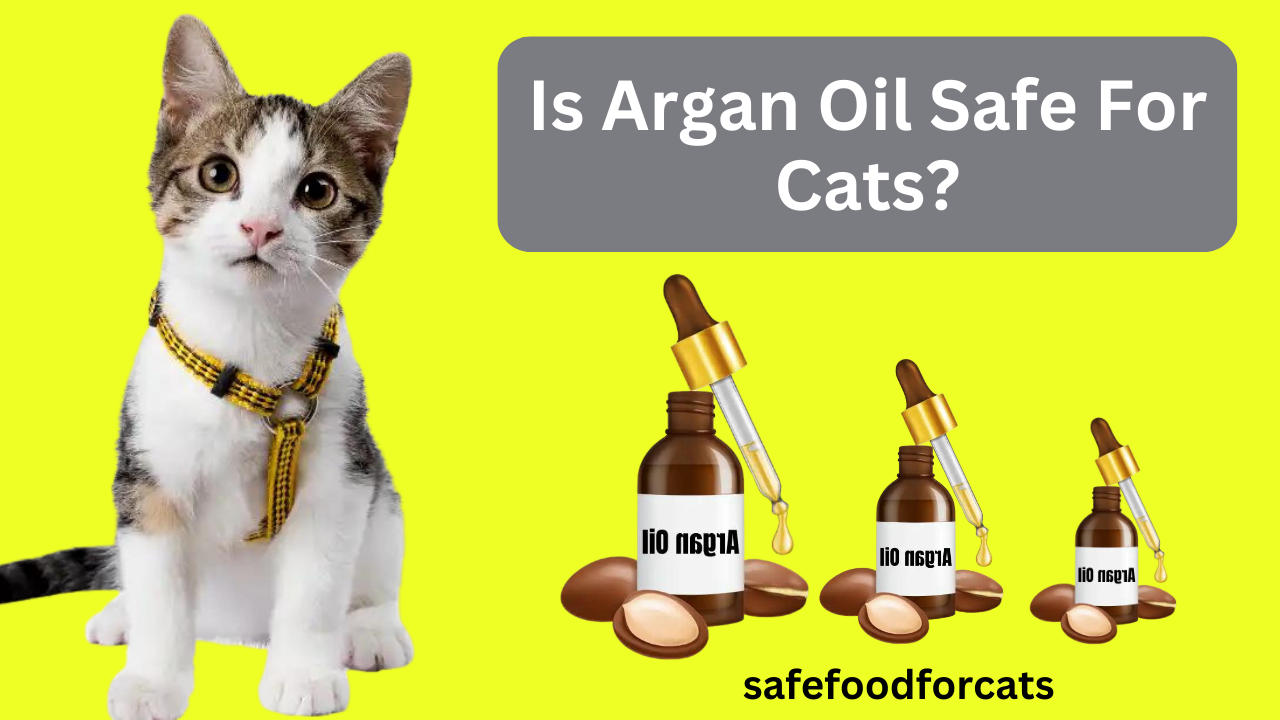The Safety of Argan Oil for Cats: Unveiling the Facts
The quest for holistic well-being for our beloved feline companions often leads us to explore various natural remedies and products. Among these, Argan oil has garnered attention for its numerous benefits for human hair, skin, and overall health. However, when it comes to our feline friends, questions arise: Is Argan oil safe for cats? In this comprehensive article, we embark on an exploration to uncover the truth behind this query.
Demystifying Argan Oil
A Glimpse into Argan Oil
Argan oil, heralded for its versatile applications and derived from the kernels of the Argan tree native to Morocco and Southwestern Algeria, has gained popularity as a precious oil. Known for its labor-intensive extraction process, Argan oil has become a sought-after ingredient in various beauty and health products.
The Marvels of Argan Oil: For Humans
Argan oil’s rich composition, consisting of vitamins, antioxidants, and essential fatty acids, has made it a coveted elixir for promoting radiant skin, healthy hair, and strong nails in humans. While its potential benefits are well-documented for humans, the question arises: Is Argan oil equally safe and beneficial for our feline companions?
Cats and Argan Oil: A Complex Equation
Decoding the Safety Quotient
The safety of Argan oil for cats hinges on a pivotal understanding: cats possess unique physiological compositions that differ from those of humans. Consequently, what might be beneficial and innocuous for humans might not necessarily extend the same benefits to our feline friends.
The Toxicity Conundrum: An Important Revelation
It’s imperative to emphasize that Argan oil is highly toxic to cats. The ingestion of even a minuscule amount of Argan oil can trigger a series of adverse reactions in cats, ranging from gastrointestinal distress to more severe complications.
Understanding the Toxic Components
The harmful effects of Argan oil on cats can be attributed to its content of polyunsaturated fatty acids and arachidonic acid. While humans can metabolize polyunsaturated fatty acids, the same cannot be said for cats. Arachidonic acid, prevalent in Argan oil, can lead to inflammation and irritation within a cat’s body.
The Alarming Consequences: What Happens If Your Cat Consumes Argan Oil?
In the unfortunate event that your cat ingests even a small quantity of Argan oil, swift action is required. Symptoms such as vomiting, diarrhea, lethargy, irritation, inflammation, and even organ failure could manifest. Seeking immediate veterinary care is crucial to mitigate potential harm.

Argan Oil in Cat Care Products: A Word of Caution
The Dangers Lurking in Products
While Argan oil may be a cherished component in many human products, it’s paramount to exercise vigilance when it comes to utilizing such products around cats. Cats are known to groom themselves meticulously, and accidental ingestion of residual Argan oil from your skin or clothing could spell trouble.
A Prudent Approach: Prioritizing Feline Safety
Navigating the Argan Oil Conundrum
In the realm of feline care, erring on the side of caution is a cardinal rule. The dangers associated with Argan oil consumption in cats necessitate rigorous avoidance. By refraining from applying Argan oil to your cat’s fur or skin and ensuring that products containing Argan oil are kept securely out of their reach, you can safeguard your feline companion from potential harm.
The Final Verdict: A Matter of Safety
In summation, the verdict on Argan oil’s safety for cats is unequivocal: it poses significant risks to our feline friends. The composition of this oil does not align with a cat’s physiological needs, making it a perilous substance to introduce into its environment. While the allure of Argan oil’s benefits remains undeniable for humans, prudence dictates that we prioritize the well-being and health of our cherished feline companions.
A Note of Responsibility:
Before introducing any new substance or product into your cat’s routine, consulting a veterinary professional is paramount. This simple step can help you make informed decisions that promote the safety and optimal health of your feline friend.

